What ASSAR did for me as an early-career researcher
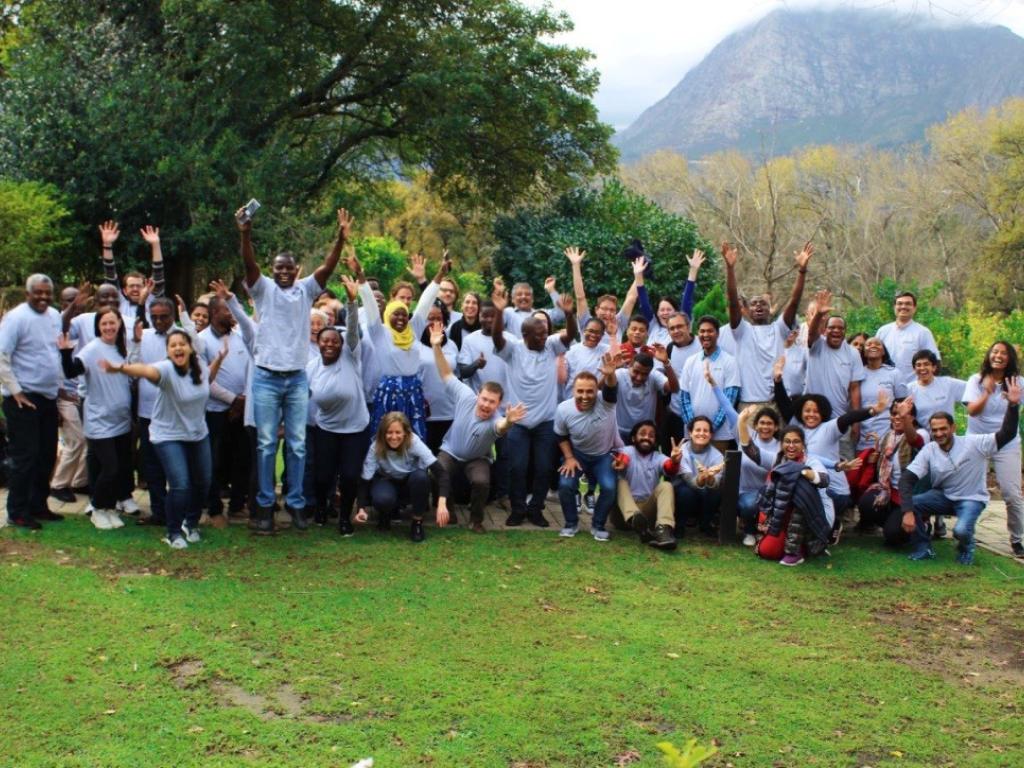
By Teresa Perez
I have just come to the end of a two-year post-doctoral research position at the African Climate and Development Initiative (ACDI). ASSAR was a master class in how to build relationships, work with diverse teams and communicate research. In terms of personal and professional development, my post-doc was the best two years of my life. Even if I never do anything with my PhD, it was worth doing just to get onto the ASSAR project.
Building relationships
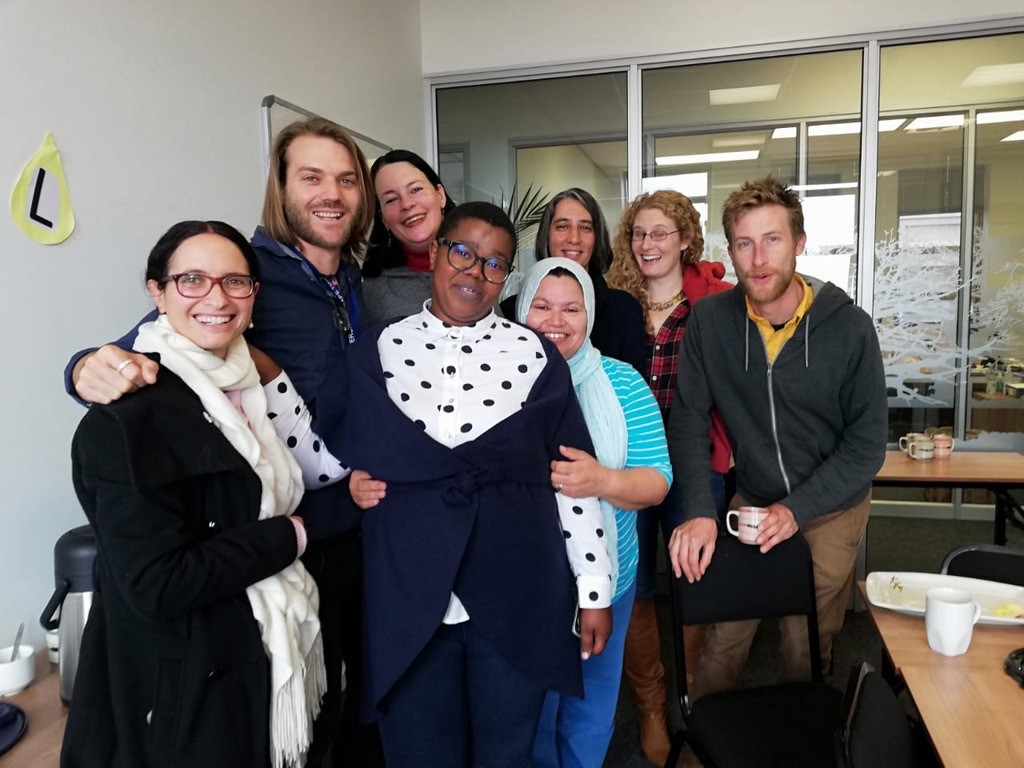
I was not very good at networking. I was by no means shy but felt awkward striking up conversations with people I didn’t know. One of the first things I needed to do was introduce myself and get to know the ASSAR team. This was a gradual and enjoyable process. Starting part way through the project was an advantage because everyone’s roles and responsibilities were relatively well-established. All I had to do was fit in. Thus, ASSAR was excellent practice at gauging what colleagues expected, needed and wanted from me - both personally and professionally. Relationship building was a matter of negotiating and re-negotiating my role according to the demands of others. To this end, working with Reos Partners was a real eye opener.
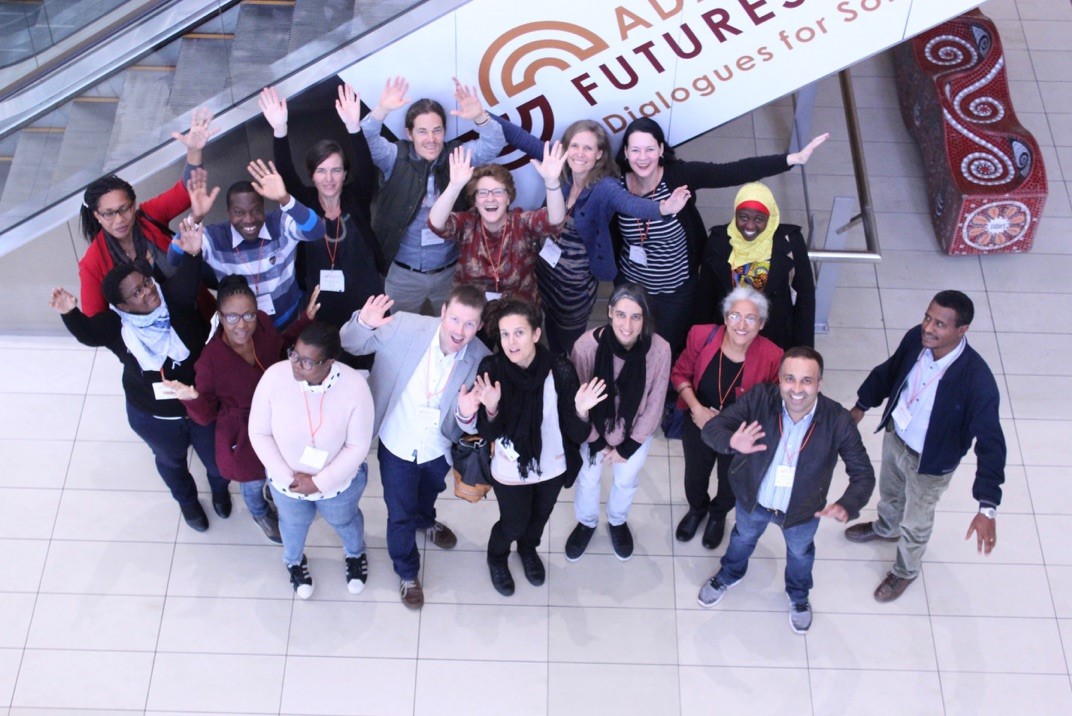
Prior to ASSAR my approach to meetings was to keep them as short as possible by powering my way through a bullet-pointed agenda. This had been effective and efficient in the context of one-on-one’s with my PhD supervisor. But ASSAR taught me how a subtle, slower, less direct approach to coordinating can save time in the long run. For example, ‘checking in’ and building a ‘design team alliance’ are familiar phrases in the field of coaching, but not something I would likely have been exposed to were it not for being part of a consortium. Questions like ‘how are you coming into this meeting?’ started to make sense and put into practice activities that were part of my MA, such as listening at 3 levels. Building relationships with a diverse range and large number of people has given me more confidence in my communication skills.
Diverse teams
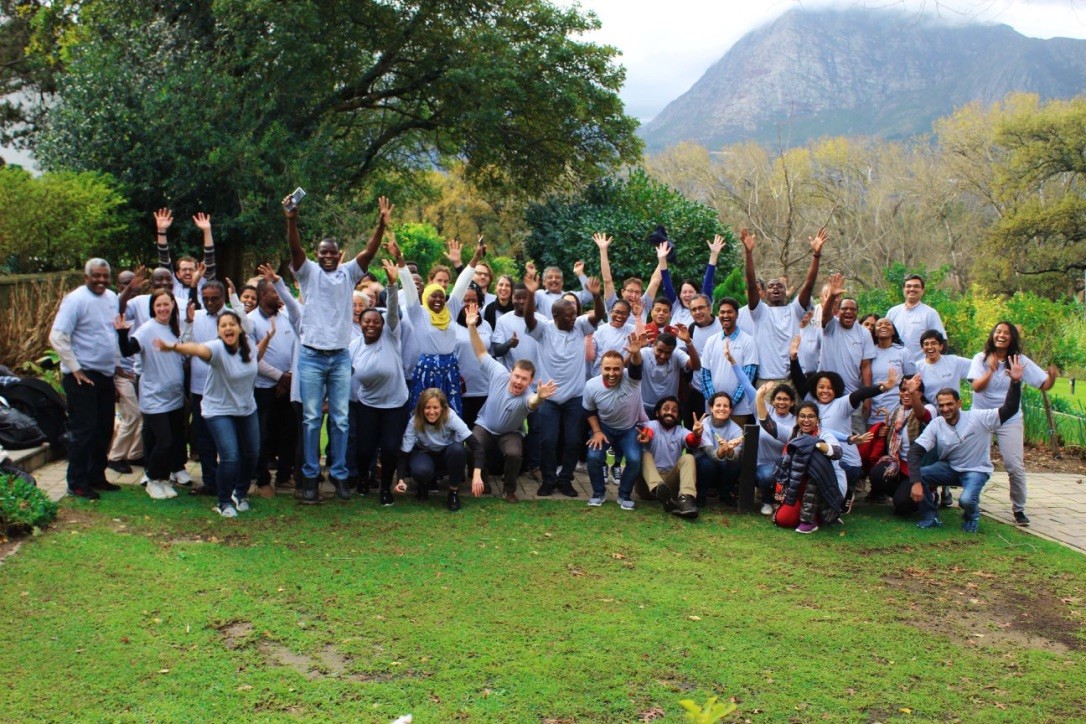
Of all the many trips I got to go on as part of ASSAR, the one to Afar in Ethiopia was the most formative. My enduring memory is of meeting the people who ASSAR aimed to help. Dipping a toe in the extreme environments in which pastoralists live, set to worsen due to climate change, was a sobering lesson in humility. I shadowed the Ethiopian team, one of whom demonstrated what being a UK-based researcher travelling to join an in-country team could look like. Namely, working with people in a way that makes it possible to cross boundaries (geographical, language, disciplinary, cultural) in a rational, calm, well-organised yet flexible and good-humoured way. The links between my MA and PhD were illustrated in moments where ethics and hyper-self-reflexivity were evident but not paralysing. The importance of laying the groundwork for fieldwork, regular face-to-face meetings, double checking, allowing plenty of time for unanticipated happenings, and having no-end of patience with bureaucracy, were underlined as much more than merely ‘logistics.’ Seeing how matters unfolded and were mediated between people – with little reason to come together were it not for ASSAR – was inspiring and a fond point of reference during moments when I question whether the uphill in academia is worth it!
Communicating research
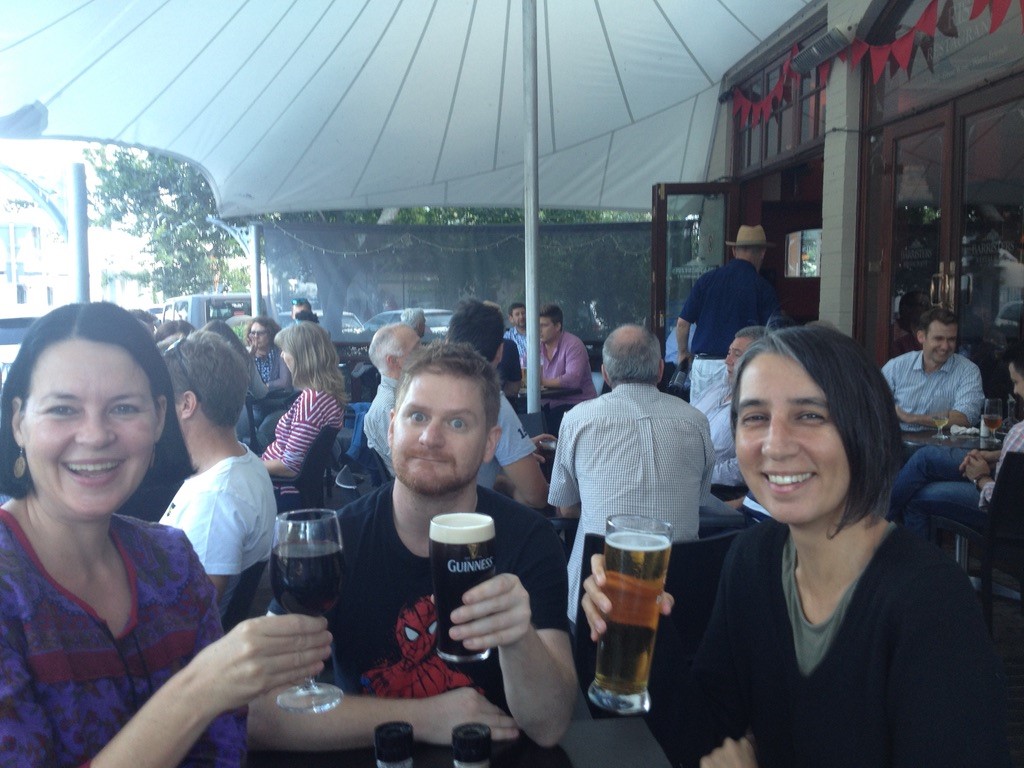
Being based at the ACDI meant I was in the same offices as the communications team. When I first started, I did not know what a communications team was. By the end of ASSAR, I struggled to see how any project gets by without one. While I am an expressive speaker, I am not always concise. But talking to the communications team really pushed me to think about what precisely it was I wanted to say. Under additional pressure from Oxfam and the project coordinator, I also needed to think about target audiences which consequently nudged me into the territory of influencing and impact. At the time I felt uncomfortable with having to articulate findings (in some way, shape or form) before completing fieldwork. But looking back, it trained me to think about the end of my research at the outset, and in broad terms, which had never been demanded of me before. In fact, my post-graduate studies fostered the opposite by training me to be more rather than less specific. I was nurtured and directed in a way that I hope I can emulate in future projects. Just in case, I have stolen all the comms team’s writing templates to jog my memory. I watched and learnt as the leanest yet most put-upon pivot in the beast that ASSAR grew into, became the protector of ASSAR’s integrity and legacy.
To top it off, I got the impression that others relied on me to get on with the research as I saw fit and took my opinions seriously. I had a travel budget for fieldwork and conferences that I was trusted to keep track of. I had numerous other opportunities availed to me by ASSAR and the ACDI, including a stint with a writing consultant and two writing retreats. I ran all my ideas past ACDI colleagues either informally or in lunch-time seminars. No one ever seemed too busy to talk to me or read my work. Half of me thinks I was spoilt and the other half thinks this is what every early career researcher should enjoy. Either way, ASSAR was awesome.